Table of Contents
OpenAI has announced its new model,”GPT-4o”,”o for omni”, an advanced model designed to revolutionize human-computer interaction. GPT-4o sets a new standard by accepting any combination of text, audio, and image inputs and generating outputs in these formats, creating a more natural and intuitive communication experience.
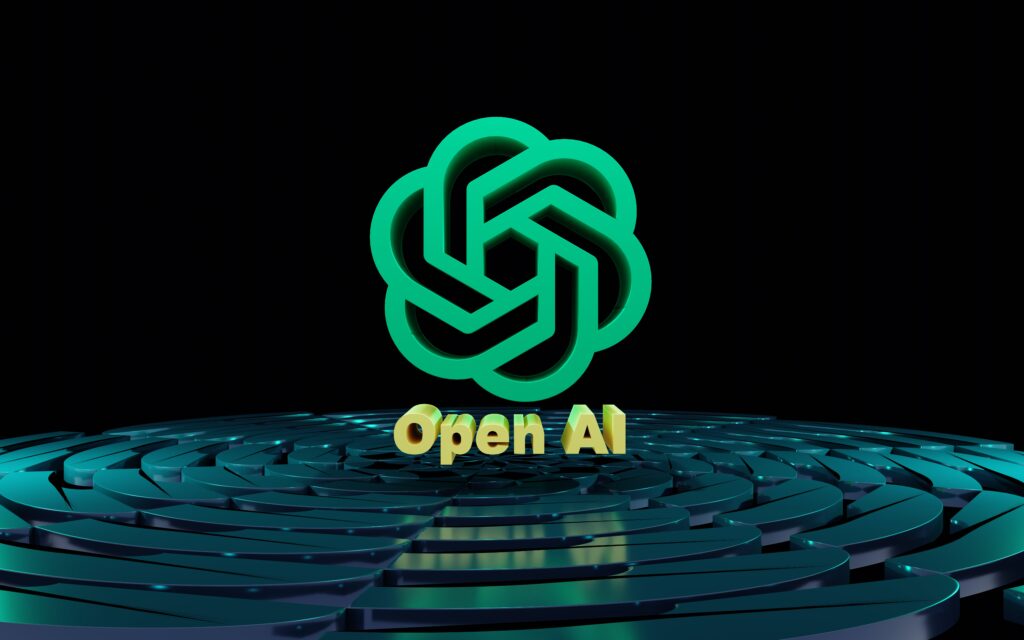
Performance and Capabilities
GPT-4o is a groundbreaking AI model that can handle text, audio, and images for more natural interactions. Its fast response time to audio inputs, as low as 232 milliseconds, makes conversations fluid and responsive, almost rivaling human cognition. Unlike previous methods that relied on separate models, GPT-4o’s end-to-end training overcomes latency and loss of information, offering a comprehensive approach. Dr. Emily Chen from OpenAI highlights its ability to understand nuances like tone, background noises, and multiple speakers, improving response accuracy. Its enhanced performance in non-English languages and cost-effectiveness widen its accessibility, promising transformative applications across industries. Dr. Chen anticipates further advancements as they continue to explore its potential. Overall, GPT-4o signifies a new era in human-computer interaction by seamlessly processing various inputs in real-time.
Is GPT-4o is free?

You can start using the OpenAI GPT-4o model right now without any special subscription. However, there’s a limit to how many questions you can ask per hour if you’re not a paid user. So, make sure to ask your questions wisely, or you’ll run out of questions too fast.
Test : Generate HTML code from PNG File using GPT-4o
Step 1. we are going to test generating HTML code using a PNG file. We have created a simple image for the home page using Canva.
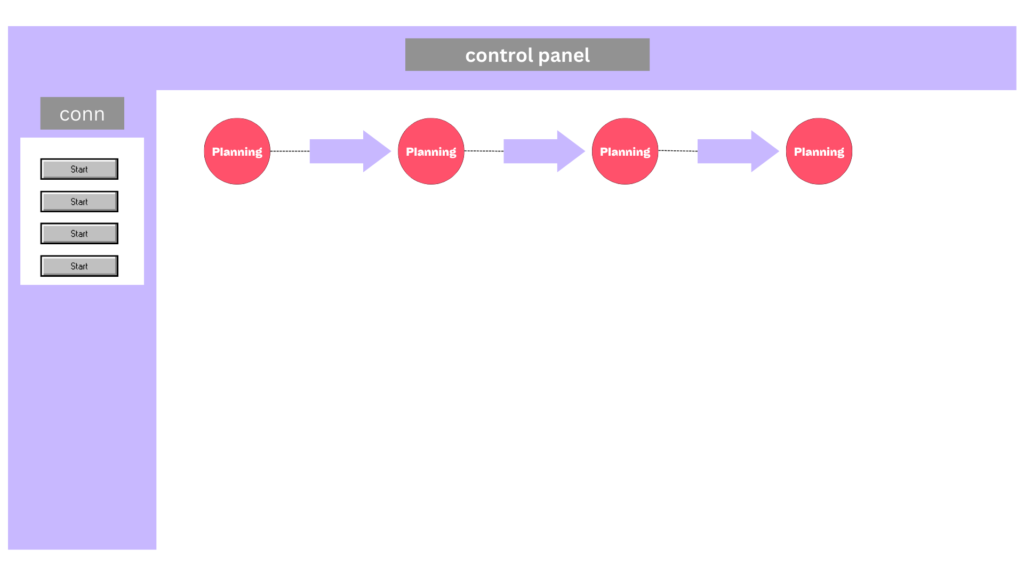
Step2. Upload the image and write the instruction
Step 3. GPT-4o generate the code
Step 4. Result
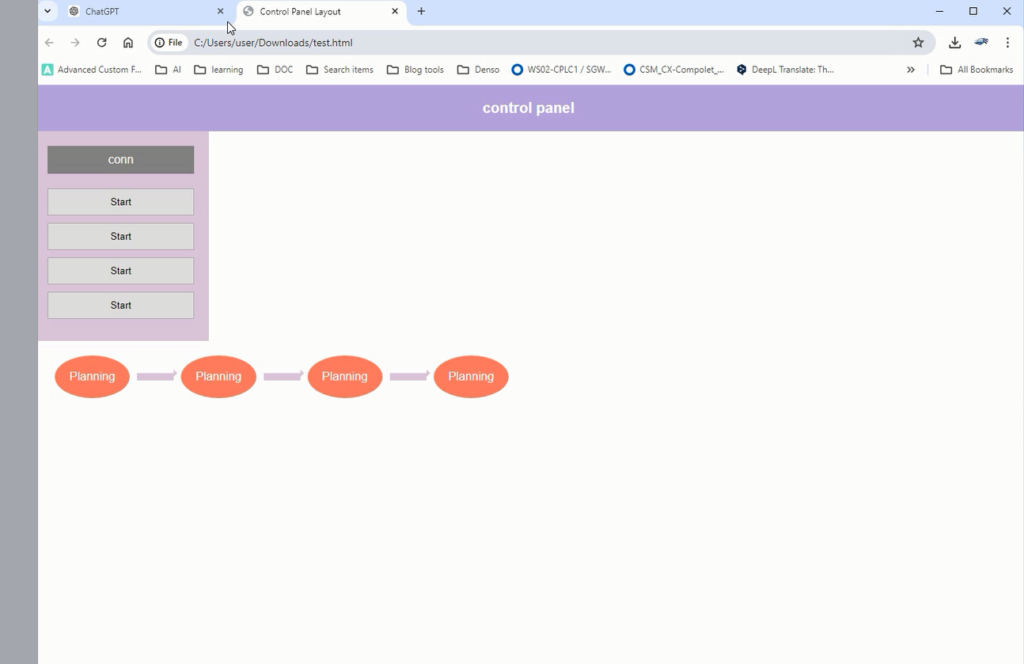
After making certain corrections, we can receive our desired output
Demonstration video
Model safety and limitations
In addition to its impressive capabilities, GPT-4o is focused on keeping users safe. It has built-in safety features to make sure interactions with the model are secure and trustworthy, reducing the chances of it giving out harmful or inappropriate responses.
One way it stays safe is through its thorough training process. It filters training data and adjusts its behavior after training to minimize risks. Plus, it’s regularly evaluated to make sure it meets safety standards in areas like cybersecurity and avoiding harmful content. This includes both automated tests and reviews by experts.
To make sure it’s really safe, over 70 external experts have tested it too. They’ve looked at everything from social psychology to misinformation to find and fix any potential risks. Their feedback helps make GPT-4o even safer.
While text and image features are available to everyone, the audio features are being introduced carefully. At first, only certain voices will be available, and strict safety policies will be in place. OpenAI is working hard to make sure these features are safe to use before releasing them fully.
Source:- OpenAI


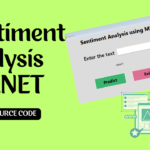
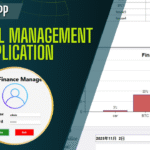

Discussion (0)
Share Your Thoughts